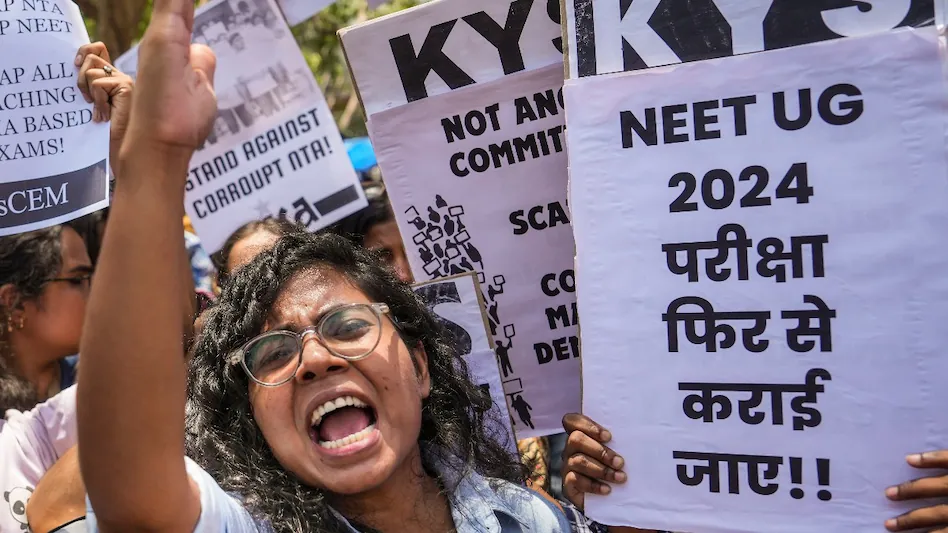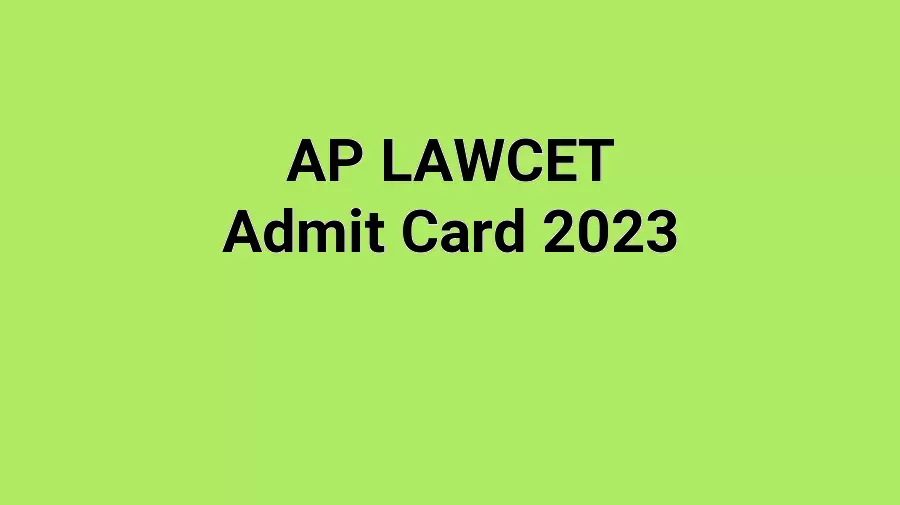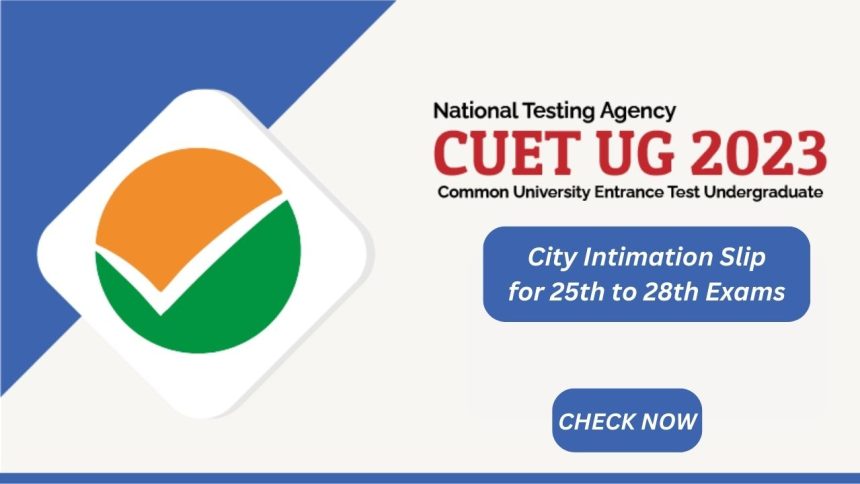
In a shocking revelation, the Central Bureau of Investigation (CBI) has identified 144 medical aspirants implicated in a scheme to obtain leaked NEET-UG exam papers. These candidates allegedly paid significant amounts to access and solve the leaked papers just hours before the crucial examination, which is essential for admission to medical colleges across India.
The Scandal Unfolds in Hazaribagh
The investigation has highlighted the involvement of nine medical students who were found solving the leaked question papers at a guest house in Hazaribagh, Jharkhand. According to the CBI’s latest charge sheet, filed last week, the primary suspect, Pankaj Kumar, is accused of stealing the examination papers from the Oasis School in Hazaribagh. He allegedly colluded with the school’s principal, Ahsanul Haque, and vice-principal, Md Imtiyaz Alam.
How the Leak Occurred
The crime was reportedly executed on May 5, the same day as the NEET-UG examination. The CBI spokesperson explained that the trunks containing the question papers were delivered to the school after 8 AM from a bank vault. Haque, who served as the city coordinator for Hazaribagh, and Alam, appointed as the center superintendent by the National Testing Agency (NTA), are accused of facilitating Kumar’s unauthorized access to that room where the trunks has been stored.
According to the charge sheet, which spans over 5,500 pages, the investigation included testimonies from 298 witnesses, examination of 290 documents, and analysis of 45 physical objects. It details the elaborate methods employed by the gang involved in the paper leak.
The Mechanics of the Operation
Pankaj Kumar, a civil engineer from the National Institute of Technology (NIT), Jamshedpur, allegedly used a sophisticated toolkit to tamper with the trunk’s hinges, allowing him to remove one copy of the question paper. He meticulously photographed all pages before resealing the trunk and exiting the control room.
After leaving the school, Kumar transferred the photos of the question paper to his accomplice, Surendra Kumar Sharma, who was waiting at the Raj Guest House in Hazaribagh. At the guest house, the nine medical aspirants solved the papers. These solved versions were subsequently scanned and electronically sent to various locations, where criminal gangs printed them and distributed them to the candidates who had paid for the service.
Implications for Medical Admissions
This scandal raises serious concerns about the integrity of the NEET-UG examination process and the lengths to which some candidates will go to secure a place in medical colleges. The CBI’s thorough investigation and the extensive evidence compiled could lead to significant repercussions for all involved, including potential criminal charges against the students, school officials, and other accomplices.
As the CBI continues its investigation, it highlights the importance of stringent security measures and vigilance during national examinations to uphold fairness and transparency in the educational system.

























